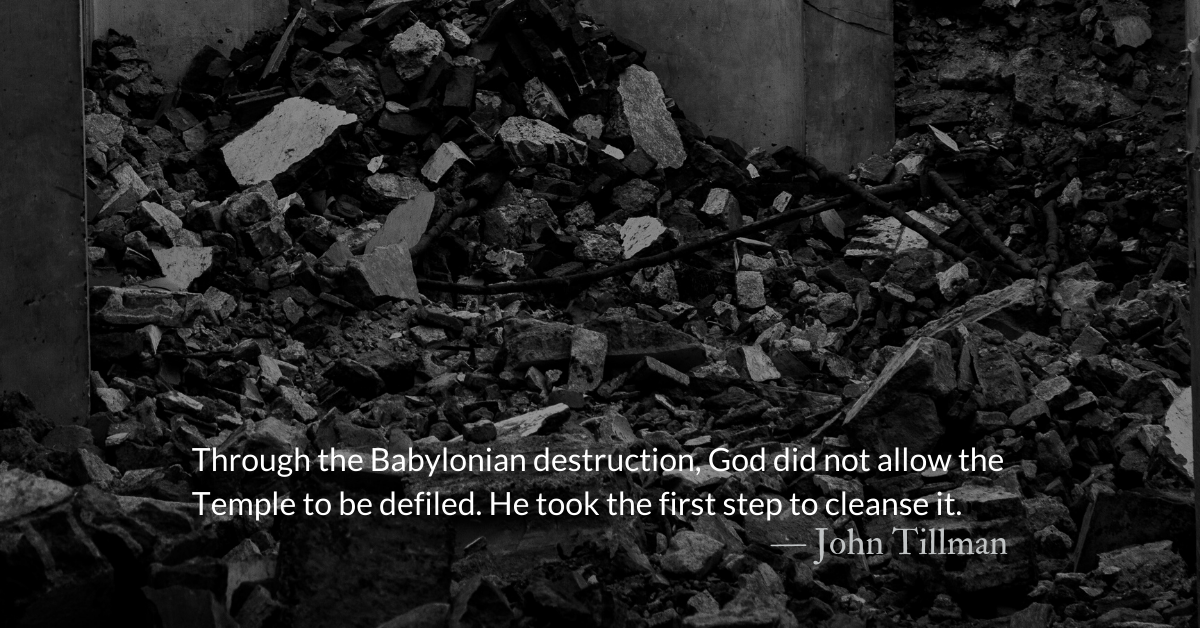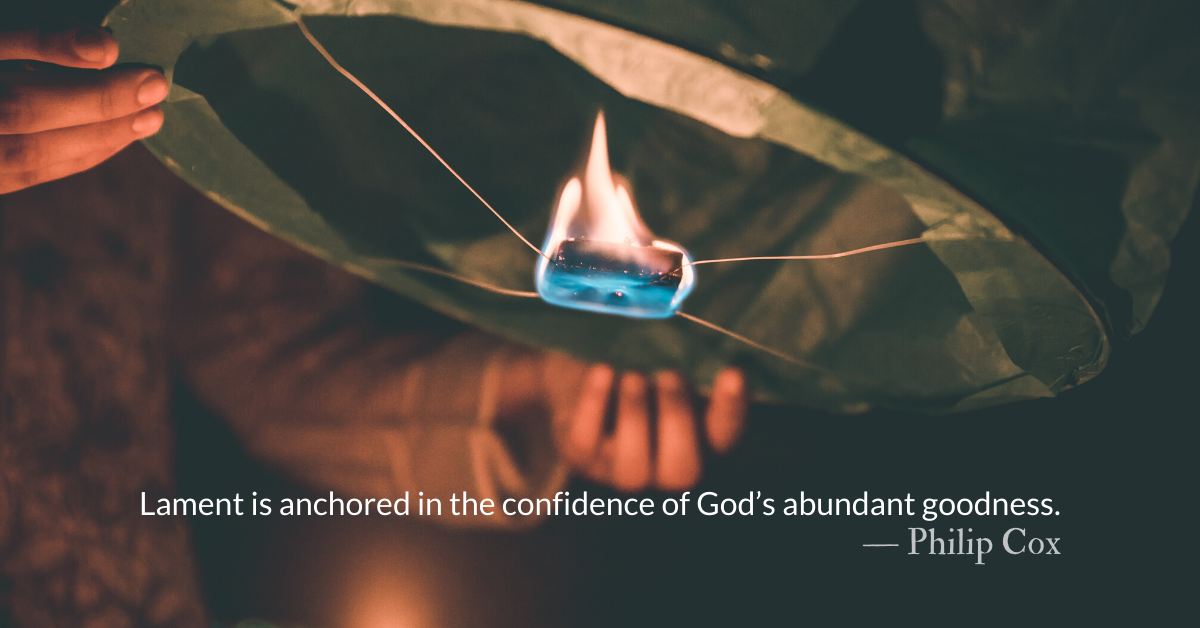Scripture Focus: Isaiah 65.1-2
To a nation that did not call on my name,
I said, ‘Here am I, here am I.’
All day long I have held out my hands
to an obstinate people,
who walk in ways not good,
pursuing their own imaginations.
From John: I love celebrating July 4th. It has always been an important celebration in our family and a frequent occasion for unofficial family reunions and gatherings. (Including one this year that will be marked by social distancing and mask-wearing in addition to typical activities.)
I learned from my family a deep sense of patriotism and love for country. Yet, patriotism can become an idol that displaces the Kingdom of God in our hearts. Patriotism is a sin when it raises our love for our earthly kingdom above that of Christ’s kingdom, when we begin to confuse the two as being the same thing, or when we dismiss biblical cries for justice and reform as being “unpatriotic.”
This re-post from 2018, is vitally important for us to regularly grapple with. When we celebrate earthly kingdoms, each of us has the opportunity to check our hearts and evaluate which kingdom we love more—ours or Christ’s.
Reflection: When Celebrating Earthly Kingdoms
By John Tillman
Celebrating the country in which one lives is not unbiblical but it can be a dangerous, idolatrous trap. In American churches, this weekend of July 4th, many worshipers will sing patriotic anthems with questionable theology or, in some cases, completely absent theology.
Hymnody has a long history of politically motivated and theologically dubious lyrics, usually expressing God’s divine blessing on the nation of the hymn writer. In 1778, New England hymn writer, William Billings, published this hymn as a declaration that the colonies were winning the war due to divine intervention. It’s a view that still survives in some quarters.
Let tyrants shake their iron rods
And slavery clank her galling chains
We see them not; we trust in God
New England’s God forever reigns.
Patriotism based on national pride is an easy idol to fall victim to. So is anti-patriotism. This is true whether anti-patriotism is based on national cynicism or idolatry of party instead of nation. Christians must avoid all of these.
In 1932 Germany, Dietrich Bonhoeffer struggled in a Memorial Day sermon with how patriotic days should be celebrated in his Berlin church.
When the church observes Memorial Day, it must have something special to say. It cannot be one voice in the chorus of others who loudly raise the cry of mourning for the lost sons of the nation across the land, and by such cries of mourning call us to new deeds and great courage.
It cannot, like the ancient singers of great heroic deeds, wander about and sing the song of praise of battle and the death of the heroes to the listening ears of enthralled young people.
Memorial Day in the church! What does that mean? It means holding up the one great hope from which we all live, the preaching of the kingdom of God.
No matter our country or party, by echoing jingoistic patriotic divisiveness we risk diluting the gospel of Christ. We must not be too enamored of any earthly kingdom. As Jesus said, our “kingdom is from another place.”
Wherever we live, we are in exile.
When we pray for our city, we are praying for the city of our exile.
When we pray for our country, we are praying for the country in which we are aliens, not citizens.
May we never settle for earthly kingdoms. May we yearn and long instead for Christ’s kingdom to come.
Divine Hours Prayer: The Refrain for the Morning Lessons
The Lord is full of compassion and mercy, slow to anger and of great kindness. — Psalm 103.8
– Divine Hours prayers from The Divine Hours: Prayers for Summertime by Phyllis Tickle
Today’s Readings
Isaiah 65 (Listen – 5:00)
Matthew 13 (Listen – 7:23)
This Weekend’s Readings
Isaiah 66 (Listen – 5:20) Matthew 14 (Listen – 4:14)
Jeremiah 1 (Listen – 3:00) Matthew 15 (Listen – 4:23)
Read more about Jeremiah, the Unpatriotic Prophet
Christians who see deeply into the problems of their country will often feel pressured not to speak about it for fear of being “unpatriotic” or “disrespectful.”
Read more about Be Yoked to Christ, Not Politics
It is increasingly difficult to defend being yoked to either the Republican or Democratic party while also being yoked with Christ. What fellowship can light have with darkness?









